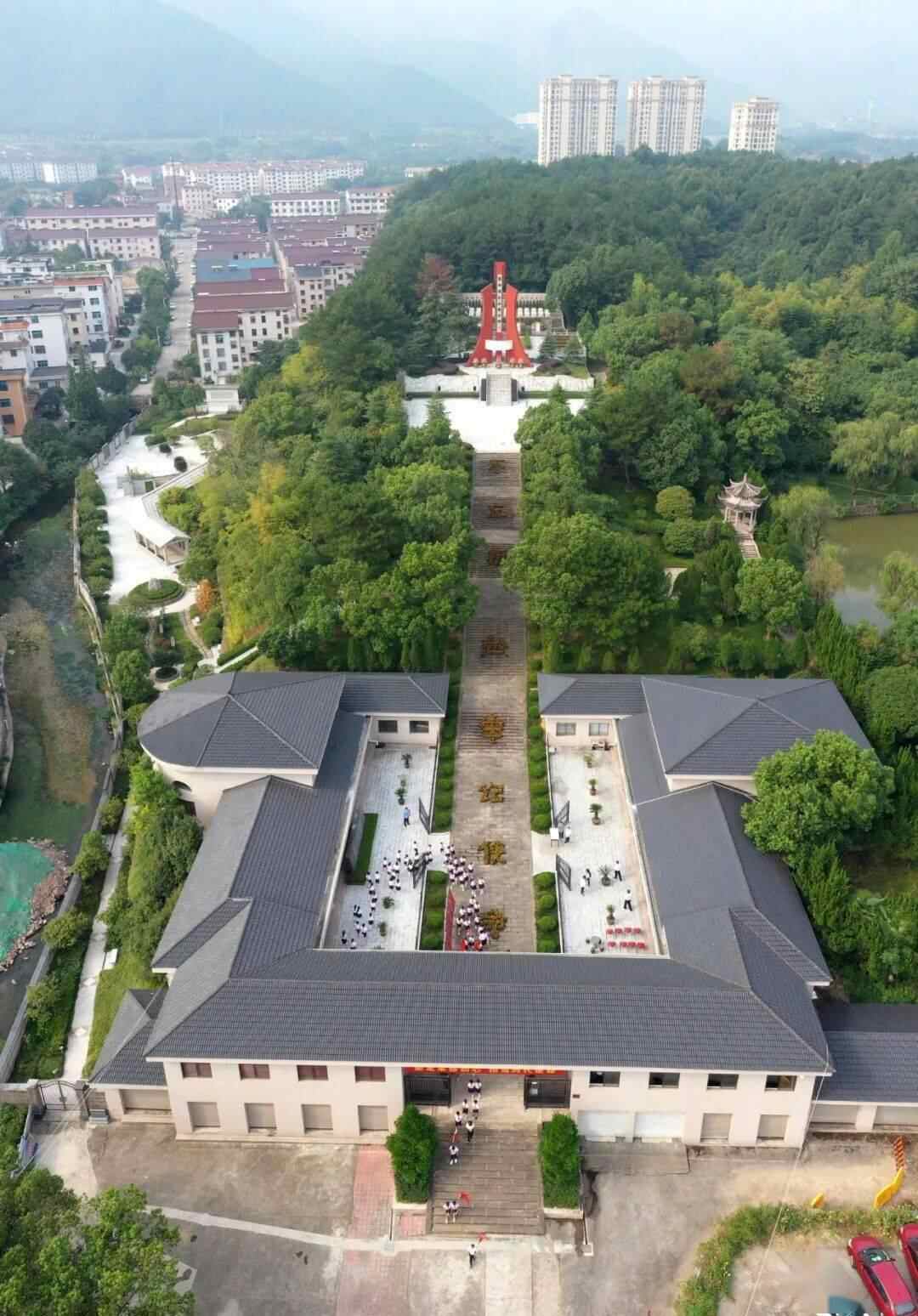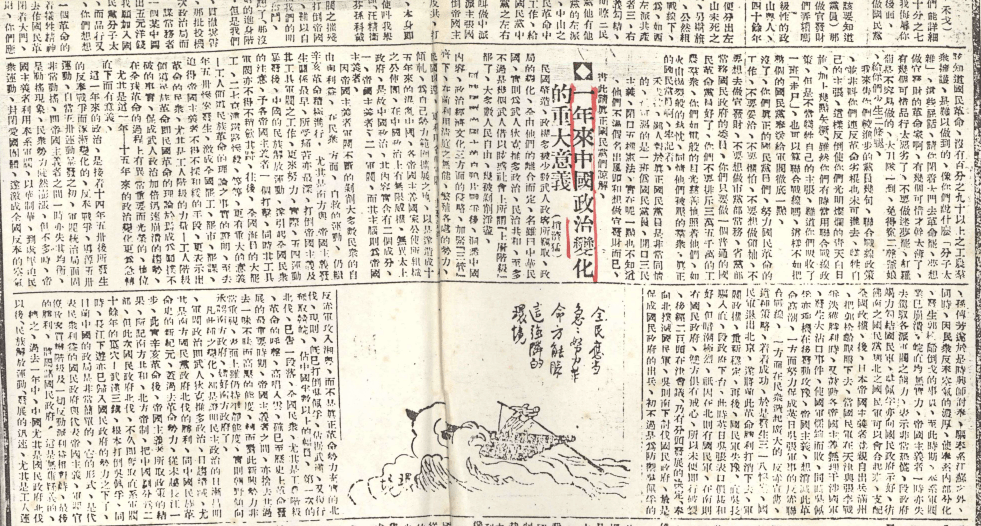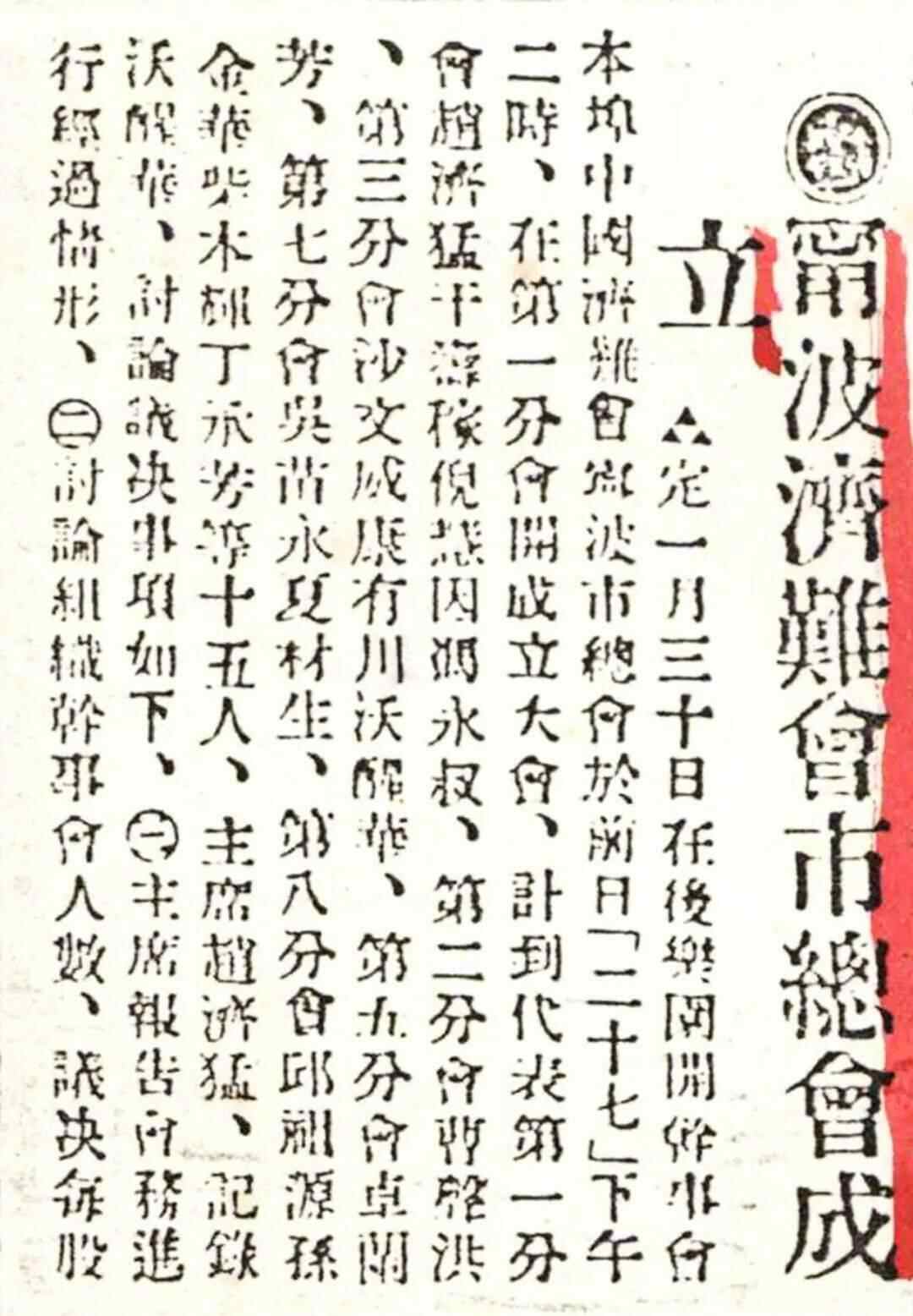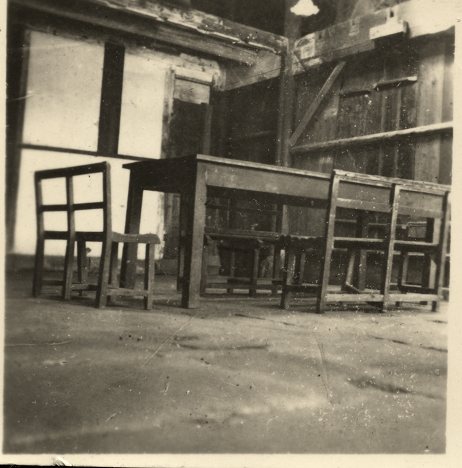The fire that starts from the prairie fire starts from the glimmer of light.
At the end of the bustling streets and alleys in Dongyang, a white granite four-pillar archway stands quietly, with six big characters carved on it: Revolutionary Martyrs Cemetery.
Hidden behind the monument is a deep land with green pine and cypresses and green grass. Gray and white tombstones have already had traces of polished by the years of time in the long river of history, as if telling the revolutionary storm of the past.

DongCinemaYang City Revolutionary Martyrs Cemetery, where Zhao Jimeng was buried. After the “April 12” counter-revolutionary coup in 1927, the first cooperation between the Kuomintang and the Communist Party was broken, and the whole country was shrouded in a white terror. The focus of the whole party’s work began to shift from cities to rural villages. In June of that year, after the establishment of the Zhejiang Provincial Committee of the Communist Party of China, it first focused on the restoration and development of the organization.
It was on that summer that, with the instructions and instructions of the Zhejiang Provincial Committee of the Communist Party of China, Zhao Jimeng, then member of the Zhejiang Provincial Committee (later member of the Standing Committee) and director of the Propaganda Department, secretly sneaked back to his hometown Dongyang. He contacted Dongyang Party members who returned from Wuhan, Shanghai and other places from multiple sources, and conveyed to them the spirit of the Five CPC National Congress and the establishment of the Zhejiang Provincial Committee of the Communist Party of China.
In June, a seemingly inconspicuous house in Dongyang County, Chengdong Street (No. 6 Helan East Street) was quietly held under the leadership of Zhao Jimeng. Hu Alin and five other members of the Communist Party of China formed the first Communist Party of China in the history of Dongyang, the independent branch of the Communist Party of China, and was directly under the leadership of the Zhejiang Provincial Party Committee. This seemed like a fire, accompanied by the fragrant wind of early summer, ignited BabaylanThe revolutionary passion of Dongyang land. In early October, he returned to Dongyang again to convey the spirit of the Central Committee’s “August 7” meeting, analyzing that Dongyang’s industrial backwardness and few industrial workers were few, and instructed to focus on the main energy in the countryside and prepare for a peasant riot.
Communist members of the Kuomintang
Ji Meng, who sowed the prairie fire for the Dongyang Revolution, Komiks. He was only 23 years old at that time. Babaylan participated in the revolution for many years and was the initiator of several progressive organizations. He served as secretary of the Ningbo Prefectural Committee of the Youth League, secretary of the Ningbo Prefectural Committee of the Communist Party of China, member of the Zhejiang Provincial Party Committee, member of the Standing Committee, and director of the Propaganda Department. According to the organizational arrangements, Zhao Jimeng also joined the Kuomintang. His special identity created good conditions for expanding the Communist Party’s ranks.

In 1927, Zhao Jimeng published an article “The Significance of China’s Political Changes Over the Year” in the Current Affairs Communiqué
On February 19, 1927, the Northern Expedition Army advanced to NingboBabaylan, ZhaoCinemaJimeng was appointed as the Kuomintang’s Ningmen political commissioner. Through this special identity, he made public contact with upper-class figures from all walks of life and maintained close contact, thereby strengthening the strength of the joint front of the National Revolution. He led the reorganization of the Kuomintang organization, and produced the Ningbo Municipal Party Committee of the Kuomintang with members of the Ningbo Prefectural Committee as the core of the leadership, and established and rectified the party departments of each county, so that the leadership was in the hands of the Communist Party and the leftists of the Kuomintang. The municipal party committee came forward to establish the “Ningbo City Government” and “Ningbo City Federation of All Circles” and carried out a series of political reforms. While carrying out revolutions in Ningbo, Shanghai and other places, he often thinks about his thoughts, Ningbo, Shanghai and other places, and even the whole countryHe promptly informed Dongyang’s fellow villagers and friends of the political situation. He also brought party publications such as “Provincial Party Committee Newsletter” back to Dongyang, mobilized mass gatherings, conveyed the Party’s instructions in a timely manner, publicized the Party’s propositions, and expanded the Party’s influence.

Zhao Jimeng participated in advanced activities in Ningbo
First guardians
1927 href=”https://comicmov.com/”>KomiksIn October, when the party was affected by the “left” blind activism, the Zhejiang Provincial Party Committee decided to organize a workers’ riot. Because the “Red Terrorist Group” was destroyed, the enemy searched the provincial party member list and mailing address and searched for Communist Party members on a large scale. The provincial party committee and organizations in various places were destroyed. Zhao Jimeng unfortunately fell into the clutches of the devil because of the betrayal of the traitor.

Zhao Jimeng’s former site of his activity in Ningbo. CinemaPeiying Girls’ School Backyard
As the “primary object of custody” of the Kuomintang, Zhao Jimeng received an extraordinary “special treatment”. He Yingqin, chairman of the Zhejiang Provincial Committee of the Kuomintang, personally ordered: “We must be carefully interrogated and investigated according to the law.” The authorities organized a “special court” to use all kinds of despicable means such as threats, temptations, torture and torture, and attempt to get the secrets of our party from him. Facing the enemy’s tyranny, Zhao Ji looked at him fiercely without giving up a word. On that cold morning on January 9, 1928, after several days and nights of loneliness and coldness, Zhao Jimeng bravely died outside Qiantang Gate, the execution ground of Hangzhou Army Prison. On January 30, the 15th issue of the official newspaper of the CPC Central Committee, Babaylan, published a signed condolence article, highly praised Zhao Komiks: “It is an effort to implement armed workers and peasants riots and seize power to establish a Soviet government. His death “is a major loss within the Zhejiang Party and on the Zhejiang workers and peasants’ front.”
“The magnificent mountains and rivers are exchanged for their passion and prosperityKomiksCui Wei sighed at the passing of the heroic spirit.” What is gone is the smoke of gunpowder, and what is immortal is the spirit. As time goes by, this revolutionary spirit that has been passed down to Komiks today is still accumulated in the blood of Dongyang ancestors. Looking back at the war years in a silent place, I hope that we will not forget the burden on our shoulders when we come.
Be worthy of the past and live up to the future.